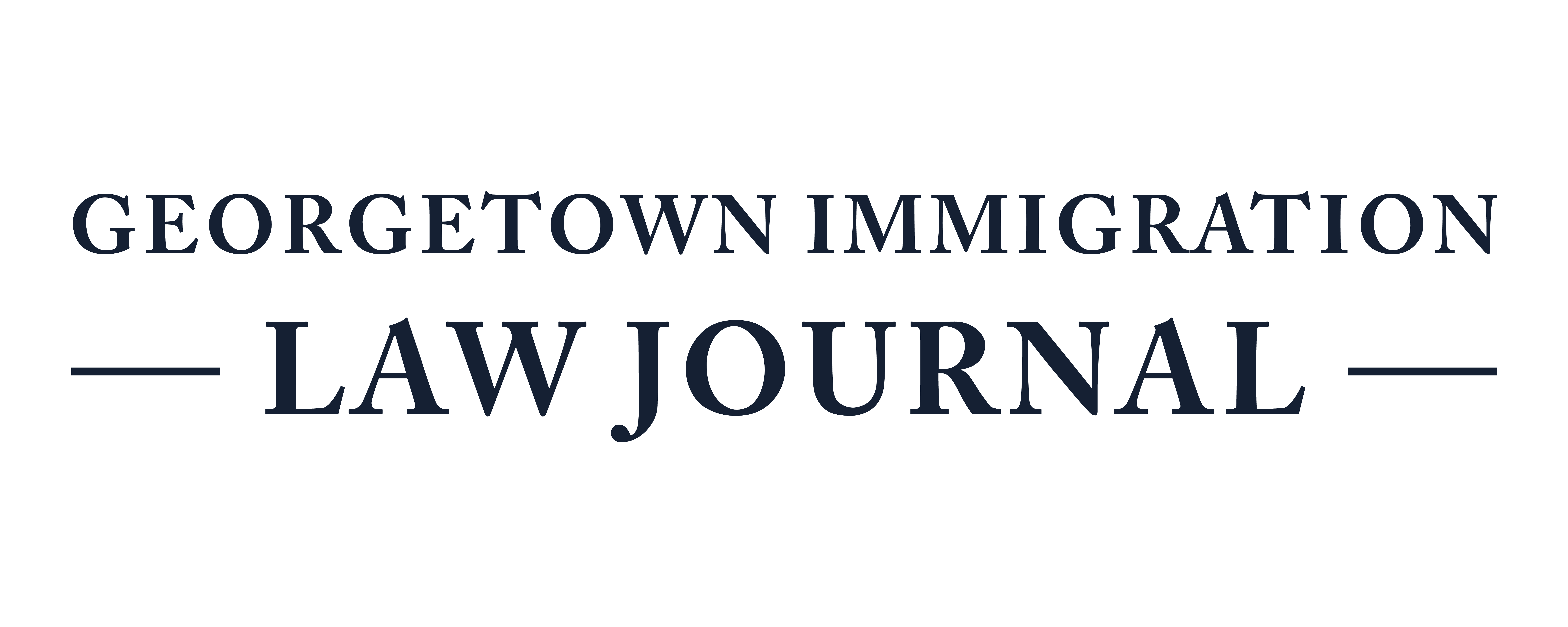The Business of Immigration: Tracking Prison Privatization’s Influence on Immigration Policy
The United States functions on a theory of Capitalism, wherein actors seek to maximize individual profits instead of ensuring social equality. Privatization and Capitalism go hand-in-hand, offering entrepreneurs opportunities to pull profits from traditionally public sectors. The privatization of homeland security and immigration enforcement has been a recent addition to this scheme. Although immigration enforcement appears to have broad goals of border security, civilian safety, and a desire for legal legitimacy, today’s privatization of homeland security arose mainly in response to terrorism. Prior to the Bush presidencies and 9/11, homeland security and border protection were controlled primarily by the government and profiteering was limited. On September 10, 2001, then Secretary of Defense Donald Rumsfeld abruptly rejected the views of his mentor and founder of modern American Neoliberalism, Milton Friedman, who believed government intervention was harmful, and the best economy was a free-market economy, and declared privatization and outsourcing as the solution to government bureaucracy. Following the events the next day, Rumsfeld put his plan into action, privatizing the war in Iraq by replacing U.S. military personnel with private security services and creating the new Department of Homeland Security (DHS), expanding duties that had previously been covered by the Department of Justice (DOJ). Within DHS, the Bush administration began an extensive privatization of services in the name of combating the war on terror – particularly with respect to immigration.
Continue Reading The Business of Immigration: Tracking Prison Privatization’s Influence on Immigration Policy
The Business of Immigration Tracking Prison Privatization’s Influence on Immigration Policy
